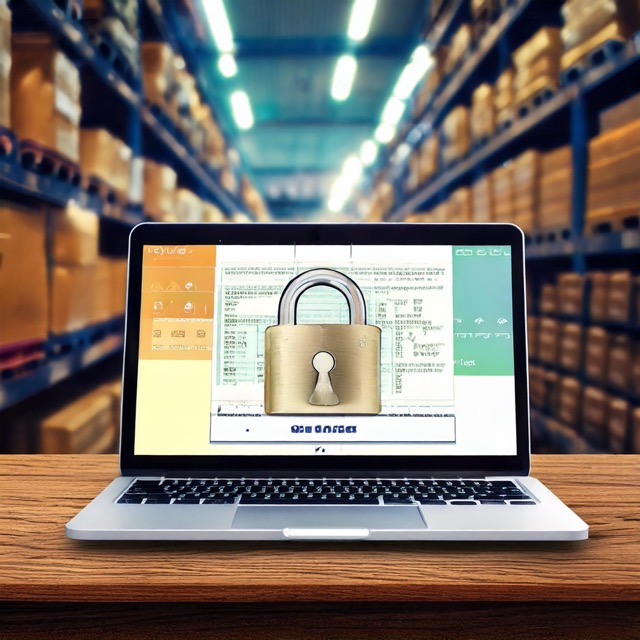Email authentication refers to a set of protocols and practices used to verify that an email is legitimately sent from the claimed sender’s domain. Major email providers like Google, Yahoo, and Microsoft now require businesses to implement authentication protocols such as SPF, DKIM, and DMARC records for email delivery. These prevent bad actors from spoofing your email address to send fraudulent or malicious emails.
These providers have also set strict guidelines for email structure such as adding a one-click unsubscribe link to your email messages. Failing to meet these requirements can result in email deliverability issues or outright rejection of your messages.
Why Set Up Email Authentication Protocols?
1. Protects Your Brand Reputation
Proper authentication ensures that only trusted sources can send emails by way of your domain, safeguarding your brand’s reputation and reinforcing trust with your audience.
2. Reduces Email Spoofing and Phishing
Protocols like SPF, DKIM, and DMARC work together to ensure only authorized servers transact emails on your behalf, significantly reducing the risk of spoofing attacks.
3. Improves Email Deliverability
Authenticated emails are more likely to be trusted by email providers (like Gmail, Yahoo, etc.) and reach your recipients’ inboxes instead of being flagged as spam.
4. Enhances Security
By setting up email authentication, you protect your business and your customers from being targeted by email-based cyberattacks.
What Protocols Do I Need?
There are various protocols available based on the specific needs of your business. Here is a description of the DNS protocols we find most effective.
Key Email Authentication Protocols:
SPF (Sender Policy Framework): Specifies which mail servers are authorized to send emails for your domain. This record should include all business platforms used to send emails, such as your mail server who may be Microsoft or Google Workspace, your website host (for notifications like password reset emails), and newsletter platforms like ConvertKit and Mailchimp.
DKIM (DomainKeys Identified Mail): Adds a digital signature to your emails, verifying that the message hasn’t been altered in transit.
DMARC (Domain-based Message Authentication, Reporting, and Conformance): Provides instructions to email providers on how to handle unauthorized emails and sends reports for monitoring.
SMTP (Simple Mail Transfer Protocol) is the standard protocol used for sending emails across the internet. It works by transferring email messages from a sender’s email client to the recipient’s mail server. SMTP servers require proper configuration of the first three protocols.
How Should I Structure My Email for Best Results?
To comply with the additional email requirements from providers like Google, here are key guidelines for businesses to follow to ensure successful email delivery. Ignoring these guidelines can lead to email rejection, lower deliverability rates, or getting flagged as spam.
1. The “From” email address must align with your sending domain. We highly recommend sending emails using addresses connected to private domains. For example, the address news@yourdomain.com can be used for outbound mail to avoid using free email services like Gmail or Yahoo for business communications.
2. Emails must include a one-click unsubscribe link in the footer, making it easy for recipients to opt out.
3. Senders must maintain a spam complaint rate below 0.3% and ensure proper email formatting with clear subject lines and relevant content.
4. Bulk senders (sending over 5,000 emails per day) must also register with Google’s and Yahoo’s email sender policies.
We suggest you utilize an email marketing platform like Mailchimp for dispensing emails. Platforms like this one equip customers with a ready made template that provides this structure for you.
Read more about specific protocols from Google, Microsoft, and Yahoo.
Setting up these protocols is not just a best practice; it’s essential for safeguarding your communications and maintaining your online credibility. If you’d like assistance in implementing these for your business, schedule a call with us at quote.forstandoutbrands.com or email hi@forstandoutbrands.com!





